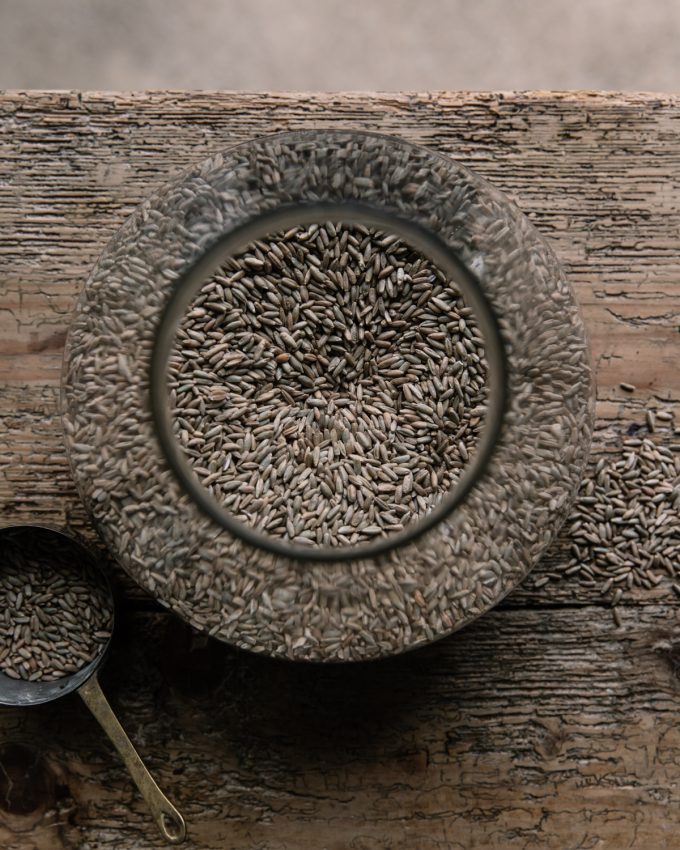Reference Number: 226
Year: 2016
Link: Link to original paper
Nutrition: Fibre
Intolerance & Sensitivity: FODMAPS
Summary

Abstract
BACKGROUND: Grains are high in FODMAPs (Fermentable Oligo-, Di-, Monosaccharides And Polyols) and often considered as triggers of IBS symptoms.
AIM: To evaluate if rye bread low in FODMAPs would be better tolerated than regular rye bread in subjects with IBS.
METHODS: The study was conducted as a randomised double blind controlled cross-over study (n = 87). Participants were supplied with both regular rye bread and low-FODMAP rye bread for 4 weeks. Symptoms were measured with a symptom severity scoring system (IBS-SSS) and visual analogue scale (VAS) assessments of individual symptoms. Quality of life was monitored. Colonic fermentation was measured by the breath hydrogen test and dietary intake by food diaries.
RESULTS: Dietary fibre intake increased during both study periods compared to baseline. Many signs of IBS i.e. flatulence, abdominal pain, cramps and stomach rumbling were milder on the low-FODMAP rye bread (P-values: 0.04; 0.049; 0.01 and 0.001). The mean of VAS measurements was favourable towards LF bread [-3 (95% CI): -6 to -1, P = 0.02] but no differences were detected in IBS-SSS or quality of life. The AUC of breath hydrogen values was significantly lower during the low-FODMAP bread period (median 52.9 vs. 72.6; P = 0.01).
CONCLUSIONS: Low-FODMAP rye bread helps IBS patients to control their symptoms and reduces gastrointestinal gas accumulation. However, replacing regular rye bread by low-FODMAP bread without concomitant broader dietary changes does not improve quality of life or IBS-SSS. Nonetheless, inclusion of low-FODMAP rye bread in diet might be one way that IBS patients could increase their fibre intake.
Significance of the study
Eating a specially prepared low-FODMAP rye bread reduced symptoms in IBS sufferers, such as flatulence, abdominal cramps, and stomach rumbling, when compared to a standard rye bread. However, the authors point out that switching to low-FODMAP rye bread alone will not be enough to alleviate symptoms, and other dietary changes may be required.

